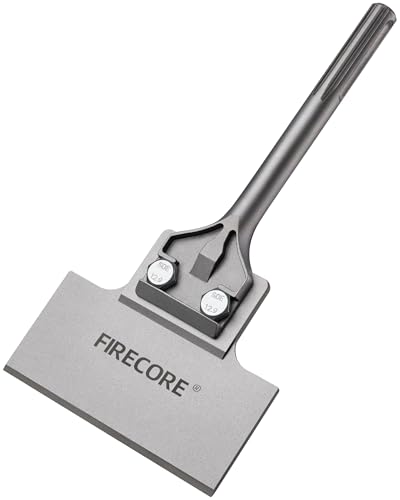




Cleaning is an essential part of maintaining a healthy and hygienic living environment. Many people turn to traditional cleaning products like borax, which has been used for decades to tackle tough stains and grime. However, if you’re looking for alternative cleaning solutions, there are plenty of effective options available that can give you the same results without the potential risks associated with borax.
One popular alternative to borax is baking soda. Baking soda, also known as sodium bicarbonate, is a versatile cleaning agent that can be used for a wide range of tasks. It’s an excellent natural deodorizer and can help remove odors from carpets, upholstery, and even refrigerators. Baking soda is also great for removing stains, unclogging drains, and brightening whites in laundry. Plus, it’s affordable and easily accessible in most households.
Vinegar is another effective substitute for borax. Vinegar is a natural acid that has powerful cleaning properties. It can be used to remove grease and grime from surfaces, eliminate soap scum in bathrooms, and even descale coffee machines. Vinegar is also an excellent disinfectant and can kill many types of bacteria and germs. However, it’s important to note that vinegar has a strong smell, which some people may find unpleasant.
For those who prefer a more eco-friendly option, consider using lemon juice. Lemon juice is a natural cleaner that is effective at cutting through grease and removing stains. It can be used to clean kitchen countertops, shine stainless steel appliances, and even freshen up your cutting boards. Lemon juice also has natural antibacterial properties and leaves a fresh citrus scent behind. Just be careful when using lemon juice on delicate surfaces, as it can cause discoloration.
Lastly, hydrogen peroxide can be a great alternative to borax. Hydrogen peroxide is a powerful disinfectant that can kill bacteria, viruses, and mold. It can be used to clean and sanitize various surfaces, including countertops, cutting boards, and bathroom fixtures. Hydrogen peroxide is also useful for removing tough stains, such as those caused by blood or red wine. However, it’s essential to handle hydrogen peroxide with care, as it can bleach fabrics and surfaces.
In conclusion, there are many effective alternatives to borax that can help you tackle all your cleaning needs. From baking soda and vinegar to lemon juice and hydrogen peroxide, these natural cleaning agents offer a safe and eco-friendly way to maintain a clean and healthy home.
Discover the Top Alternatives to Borax for Effective Cleaning
Vinegar
Vinegar is a versatile and natural alternative to Borax that can be used for various cleaning tasks around the house. It is a mild acid that has antimicrobial properties and can effectively remove dirt, grime, and odors from surfaces.
To use vinegar as a cleaning solution, mix equal parts vinegar and water in a spray bottle. You can use this mixture to clean windows, countertops, floors, and even appliances. The acidity of vinegar helps to break down grease and remove stains.
Baking Soda
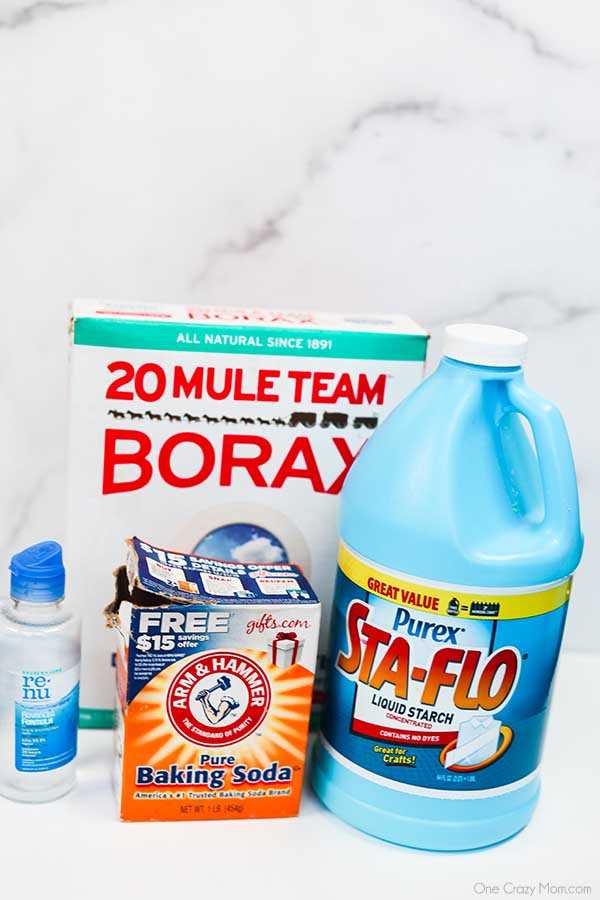
Baking soda is another popular alternative to Borax that is excellent for cleaning various surfaces. It is a mild abrasive that can help remove stains and odors. Baking soda can be used alone or combined with other ingredients to create effective cleaning solutions.
To use baking soda, simply sprinkle it on the surface you want to clean, then scrub with a sponge or cloth. It can be used to clean sinks, toilets, showers, and even carpets. Baking soda can also be combined with vinegar to create a powerful cleaning solution.
Citric Acid
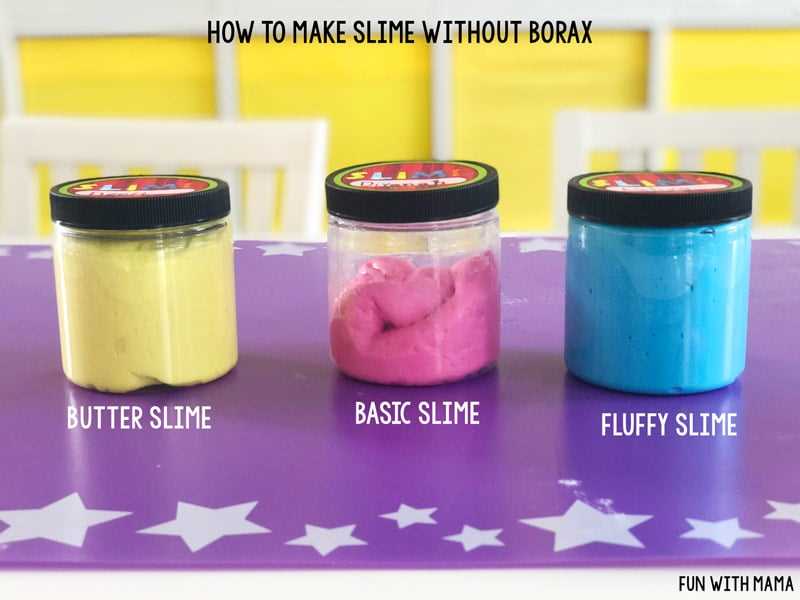
Citric acid is a natural acid found in fruits such as lemons and oranges. It is an effective alternative to Borax for removing tough stains, hard water buildup, and soap scum. Citric acid can be purchased in powder form and used as a cleaning agent.
To use citric acid, mix about 2 tablespoons of the powder with warm water to create a solution. Apply the solution to the surface you want to clean and let it sit for a few minutes. Then scrub with a sponge or cloth to remove dirt and stains.
Hydrogen Peroxide
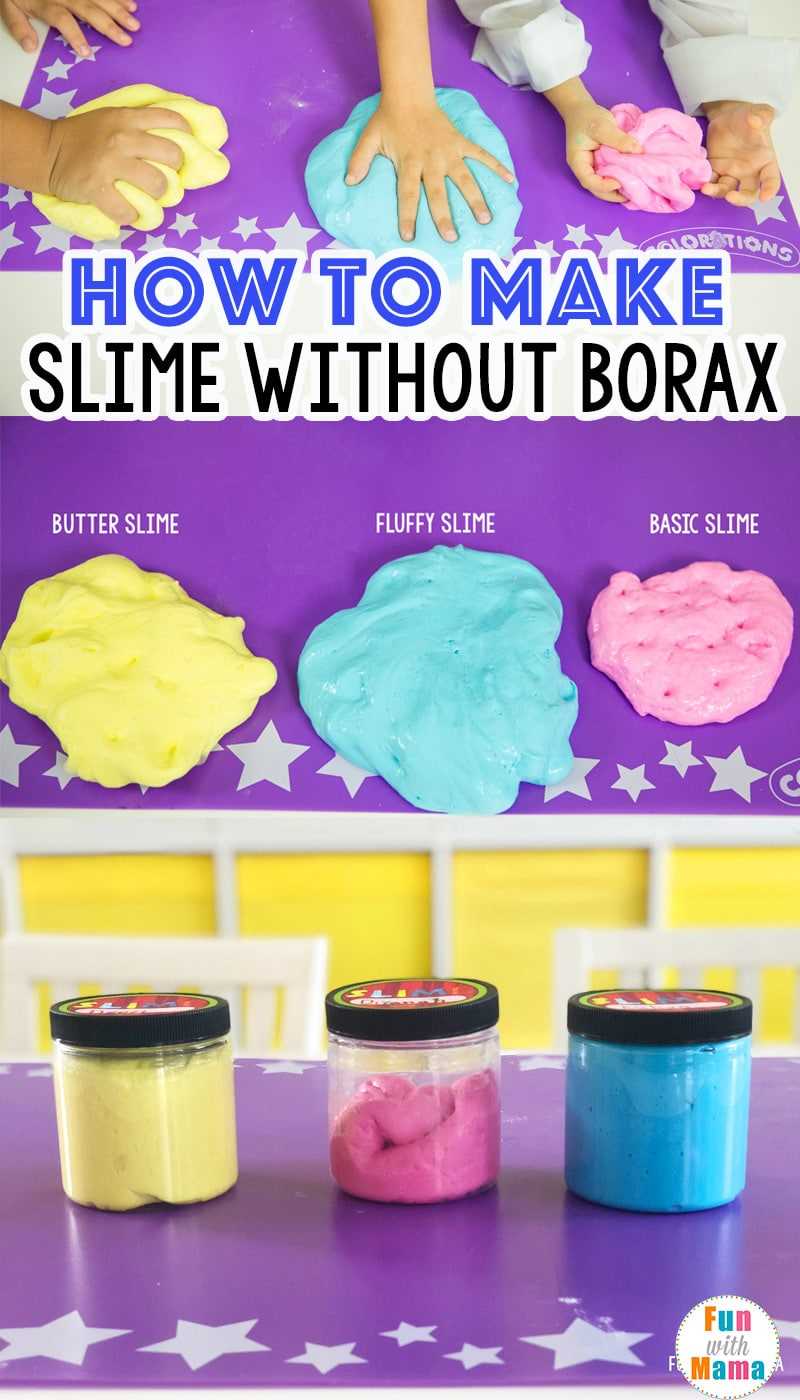
Hydrogen peroxide is a powerful alternative to Borax that can be used for disinfecting and cleaning various surfaces. It has antibacterial and antifungal properties and can effectively remove stains, mold, and mildew.
To use hydrogen peroxide, simply pour it into a spray bottle and apply it to the surface you want to clean. Let it sit for a few minutes, then wipe away the dirt and grime with a cloth or sponge. It can be used to clean countertops, cutting boards, and bathroom fixtures.
Table Salt
Table salt is a simple and inexpensive alternative to Borax that can be used for cleaning various surfaces. It has abrasive properties that can help remove stains, dirt, and grime. Table salt can be used alone or combined with other ingredients to create effective cleaning solutions.
To use table salt, sprinkle it on the surface you want to clean, then scrub with a damp cloth or sponge. It can be used to clean greasy pans, stained coffee mugs, and even rusty metal objects. Table salt can also be combined with lemon juice or vinegar to create a powerful cleaning solution.
In conclusion, there are several alternatives to Borax that can be used for effective cleaning. Vinegar, baking soda, citric acid, hydrogen peroxide, and table salt are all versatile and natural cleaning agents that can help you keep your home clean and fresh. Try using these alternatives and discover which one works best for your cleaning needs.
Natural Cleaning Solutions without Borax
1. Vinegar
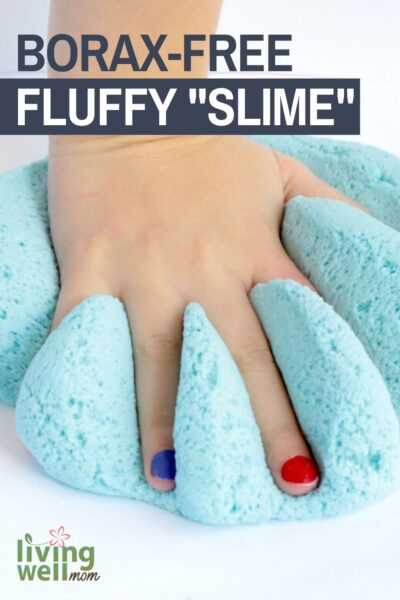
Vinegar is a versatile and effective natural alternative to borax for cleaning. It is acidic in nature and can be used for a variety of household cleaning tasks.
- Mix equal parts vinegar and water to create an all-purpose cleaner.
- Use vinegar to remove soap scum, hard water stains, and mildew.
- It can also be used to clean windows and mirrors.
2. Baking Soda
Baking soda is another excellent alternative to borax. It is a mild abrasive and can be used as a scouring agent for cleaning various surfaces.
- Mix baking soda with water to create a paste and use it to clean sinks, bathtubs, and kitchen countertops.
- It can be used to remove tough stains, deodorize carpets, and freshen up upholstery.
- Baking soda can also be sprinkled in refrigerators to eliminate odors.
3. Lemon Juice
Lemon juice is a natural bleach and a powerful cleaning agent. It can be used to remove stains and freshen up surfaces.
- Mix lemon juice with water to create a natural disinfectant for cleaning kitchen countertops and cutting boards.
- Use lemon juice to remove stains from clothes.
- It can also be used to clean and polish copper and brass utensils.
4. Hydrogen Peroxide
Hydrogen peroxide is a non-toxic and safe alternative to borax. It has strong disinfecting properties and can be used for cleaning and disinfecting various surfaces.
- Use hydrogen peroxide to disinfect countertops, cutting boards, and bathroom surfaces.
- It can be used to remove tough stains, mold, and mildew.
- Hydrogen peroxide can also be used as a natural alternative to bleach for laundry.
5. Castile Soap
Castile soap is a natural soap made from vegetable oils. It is gentle on the skin and can be used for a variety of cleaning purposes.
- Mix castile soap with water to create an all-purpose cleaner for floors, countertops, and bathroom surfaces.
- It can also be used for cleaning dishes, laundry, and even pet grooming.
These natural alternatives to borax are not only effective for cleaning, but they are also safer for you, your family, and the environment. Give them a try and discover the power of natural cleaning solutions.
Vinegar and Baking Soda: A Dynamic Duo for Cleaning
Vinegar and baking soda are two common household ingredients that can make a powerful team when it comes to cleaning. Whether you are looking to freshen up your kitchen, bathroom, or any other area of your home, this dynamic duo can get the job done.
The Power of Vinegar
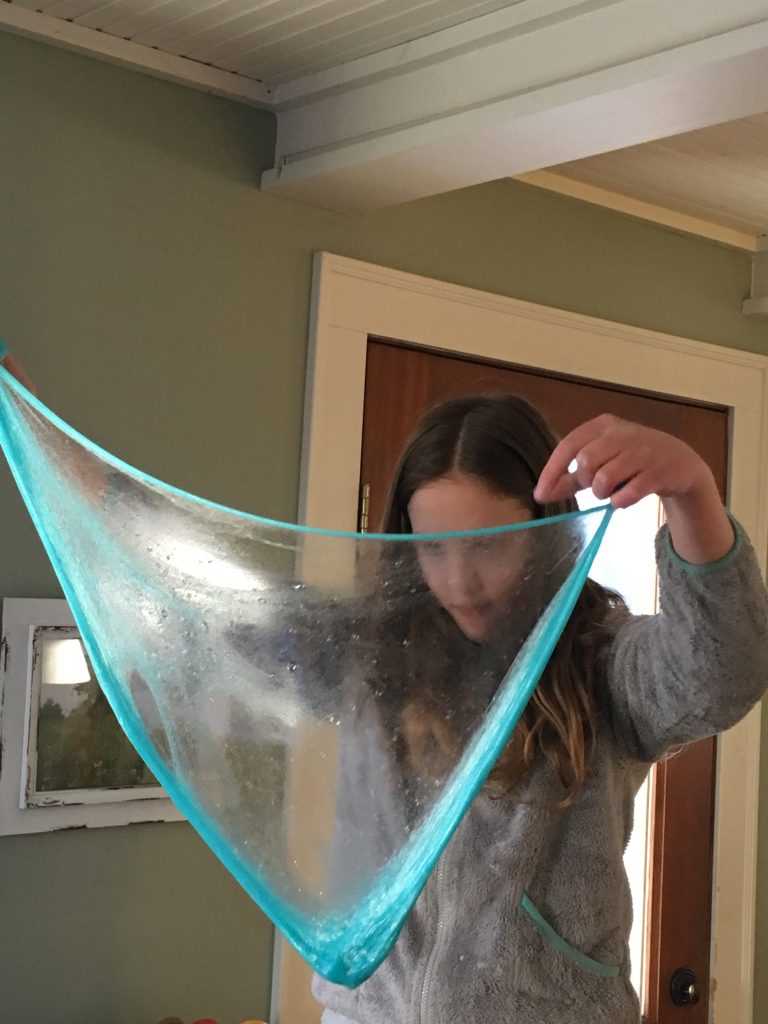
Vinegar, specifically white distilled vinegar, is a versatile and natural cleaning agent. It is known for its ability to cut through grease, dissolve mineral deposits, and eliminate odours.
Here are some ways you can use vinegar for cleaning:
- Mix equal parts vinegar and water to create an all-purpose cleaner that can be used on countertops, floors, and windows.
- Soak a sponge or cloth in vinegar to easily remove sticky residue from surfaces.
- Add vinegar to your laundry as a natural fabric softener and deodorizer.
- Unclog drains by pouring a mixture of baking soda and vinegar down the pipes.
The Power of Baking Soda
Baking soda, also known as sodium bicarbonate, is a gentle abrasive and natural deodorizer. It can help remove tough stains, eliminate unpleasant smells, and even act as a natural fungicide.
Here are some ways you can use baking soda for cleaning:
- Mix baking soda with water to create a paste that can be used to scrub away stains on surfaces like sinks, bathtubs, and ovens.
- Place an open box of baking soda in your refrigerator or pantry to absorb odours.
- Sprinkle baking soda on carpets and rugs to deodorize them, then vacuum it up.
- Combine baking soda with vinegar to create a foaming reaction that can help unclog drains.
Vinegar and Baking Soda: A Winning Combination
When combined, vinegar and baking soda create a chemical reaction that produces carbon dioxide gas. This fizzing action can help lift dirt, grime, and residues, making it easier to clean and remove stains.
Here is a simple recipe for a homemade cleaning solution using vinegar and baking soda:
| Ingredients | Instructions |
|---|---|
| 1 cup vinegar | Pour the vinegar into a spray bottle. |
| 1 tablespoon baking soda | Add the baking soda to the vinegar in the spray bottle. |
| Water | Fill the rest of the spray bottle with water and shake well to mix. |
| Use the solution to clean various surfaces in your home. |
Remember to always test a small area before using vinegar and baking soda on delicate surfaces to avoid potential damage. Additionally, make sure to follow safety guidelines, such as wearing gloves and working in a well-ventilated area.
Next time you need a powerful and natural cleaning solution, consider reaching for vinegar and baking soda. They are a cost-effective and eco-friendly alternative to traditional cleaning products.
Citric Acid: The Natural, Powerful Cleaning Agent
Citric acid is a natural and powerful cleaning agent that can be used as an alternative to borax. It is a widely available and affordable option that has many cleaning properties.
Why Choose Citric Acid?
- Citric acid is a natural compound found in citrus fruits such as lemons, oranges, and grapefruits. It is non-toxic, biodegradable, and safe to use in your home.
- It has strong acidic properties, making it effective at breaking down mineral deposits, grease, and stains. It can be used to remove hard water stains, rust, and soap scum.
- Unlike harsh chemical cleaners, citric acid is environmentally friendly and doesn’t pose a risk to your health or the planet.
- It is a versatile cleaning agent that can be used in various cleaning tasks, including descaling coffee machines, removing limescale from bathroom fixtures, and degreasing kitchen surfaces.
How to Use Citric Acid for Cleaning
Here are a few ways you can use citric acid as a cleaning agent:
- Descale your coffee machine: Mix one tablespoon of citric acid with one cup of water. Run the mixture through your coffee machine to remove mineral deposits and improve performance.
- Remove limescale from bathroom fixtures: Create a paste by mixing citric acid with water. Apply the paste to the affected areas and let it sit for a few minutes. Scrub the area with a brush and rinse with water.
- Degrease kitchen surfaces: Mix equal parts of citric acid and water in a spray bottle. Spray the mixture onto greasy surfaces and let it sit for a few minutes. Wipe clean with a damp cloth.
Precautions When Using Citric Acid
While citric acid is generally safe to use, there are a few precautions to keep in mind:
- Avoid using citric acid on delicate surfaces such as marble or granite, as it can cause etching.
- Always wear gloves when handling citric acid to protect your skin.
- Keep citric acid out of reach of children and pets.
- Do not ingest citric acid or use it on surfaces where food is prepared without properly rinsing it off.
Next time you’re looking for a natural and powerful cleaning agent, consider using citric acid as a safe alternative to borax. It’s easy to use, affordable, and doesn’t harm the environment.
Hydrogen Peroxide: A Versatile and Safe Cleaning Alternative
When it comes to finding safe and effective alternatives to Borax for your cleaning needs, hydrogen peroxide is a versatile option that can be used for a wide range of household tasks. It is a powerful oxidizer and disinfectant that can help you tackle tough stains, disinfect surfaces, and even remove odors.
Multipurpose Cleaner
One of the great things about hydrogen peroxide is that it can be used as a multipurpose cleaner for various surfaces in your home. Whether you need to clean your kitchen countertops, bathroom tiles, or glass surfaces, hydrogen peroxide can do the job effectively. Simply dilute it with water (a 1:1 ratio is usually recommended) and apply it using a spray bottle or a cloth.
Stain Remover
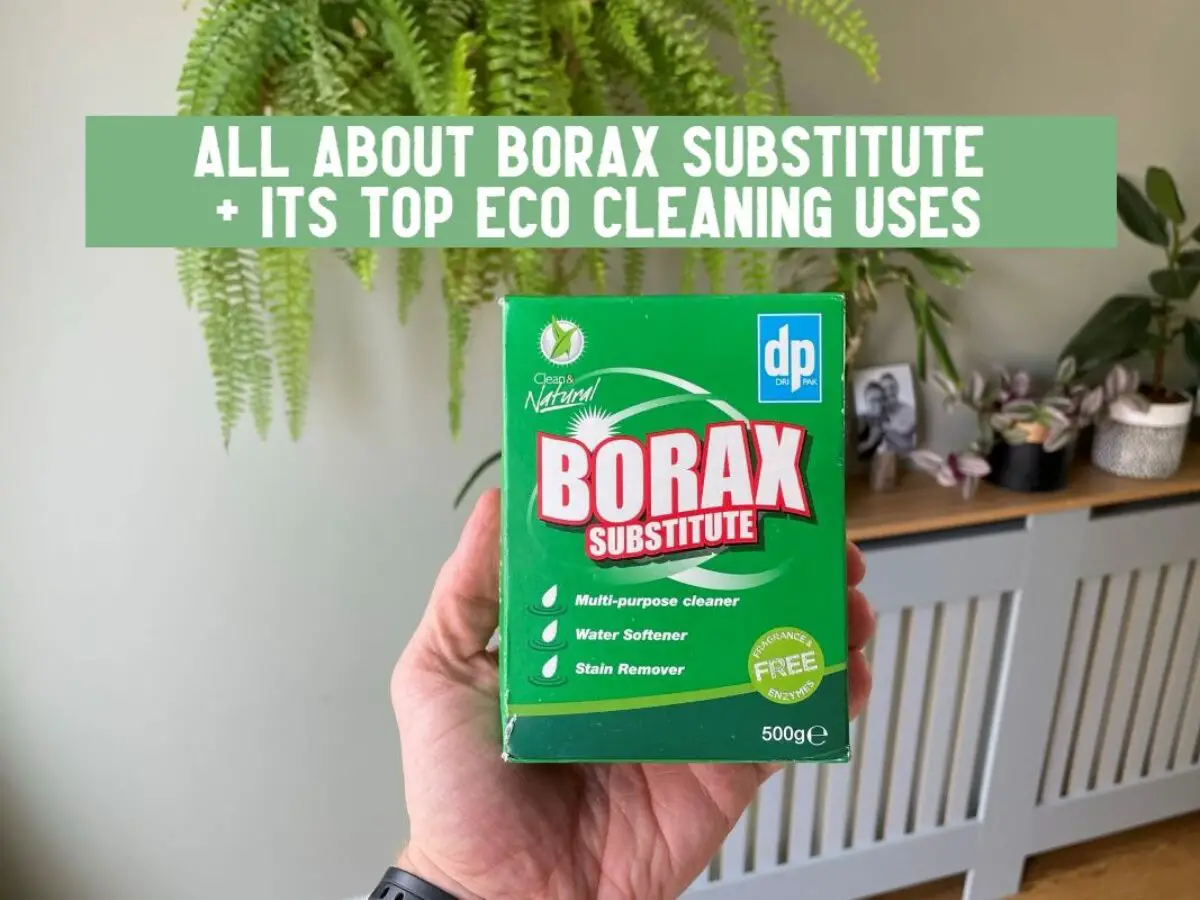
Hydrogen peroxide is also a fantastic stain remover. It can help you get rid of stubborn stains on clothing, carpets, and upholstery. Just apply a small amount of hydrogen peroxide to the stain, let it sit for a few minutes, and then wash or blot it away. It’s important to do a patch test on a small, inconspicuous area first to ensure that the hydrogen peroxide does not damage or discolor the fabric.
Disinfectant
Due to its powerful antimicrobial properties, hydrogen peroxide can be used as an effective disinfectant. You can use it to sanitize cutting boards, kitchen utensils, and even toothbrushes. It can help eliminate bacteria, viruses, and fungi, making it a great choice for maintaining a clean and healthy home environment.
Odor Remover
If you’re dealing with unpleasant odors in your home, hydrogen peroxide can come to the rescue. It can help neutralize odors caused by mildew, pet accidents, and other sources. Simply spray a solution of hydrogen peroxide and water onto the affected area, let it sit for a few minutes, and then wipe it away. The hydrogen peroxide will break down the odor-causing compounds, leaving your home smelling fresh and clean.
Caution
While hydrogen peroxide is generally considered safe to use, it’s important to exercise caution and follow proper safety precautions. Avoid contact with eyes and prolonged skin exposure. Keep hydrogen peroxide out of reach of children and pets, as it can be harmful if ingested. It’s also advisable to wear gloves and work in a well-ventilated area when using hydrogen peroxide for cleaning purposes.
Overall, hydrogen peroxide is a versatile and safe alternative to Borax for all your cleaning needs. It’s readily available, affordable, and can be used for a variety of tasks. Give it a try and discover its many benefits!
Essential Oils: Fragrant and Effective Cleaning Solutions
When it comes to cleaning your home, essential oils can be a wonderful alternative to borax. Not only do they offer a natural and chemical-free option, but they also leave your home smelling fresh and fragrant. Here are some essential oils that can be used as effective cleaning solutions:
Lemon Essential Oil
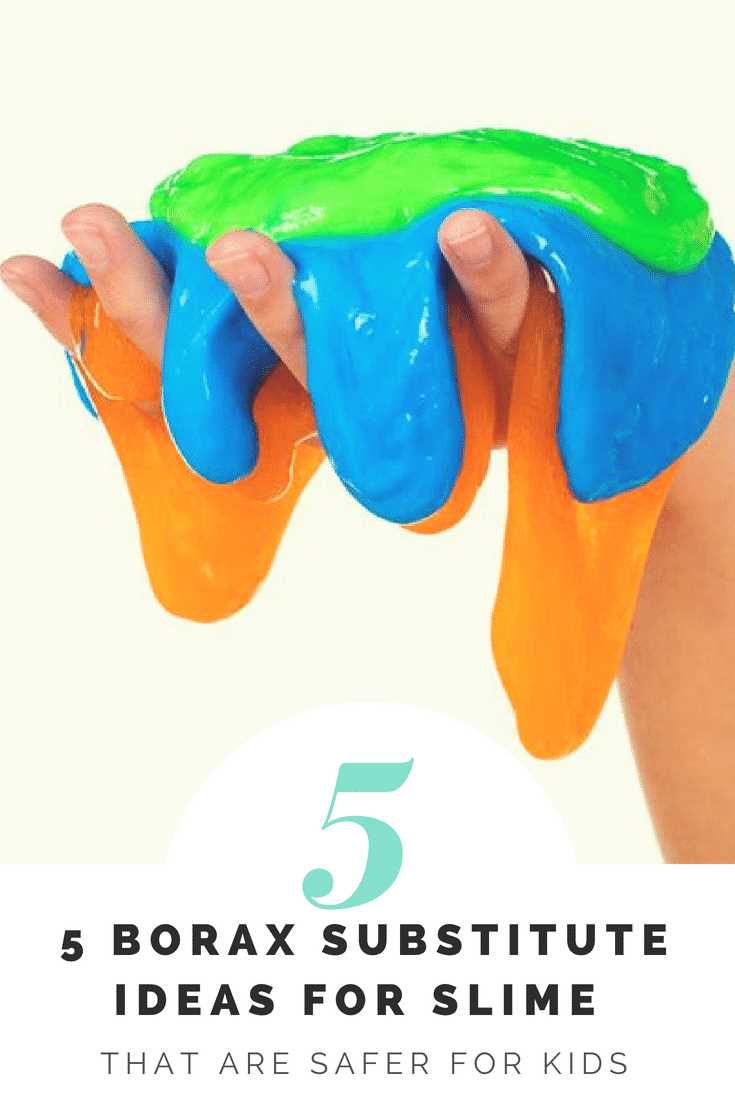
Lemon essential oil is known for its powerful cleaning properties. It has antibacterial and antiviral properties, making it a great option for disinfecting surfaces. In addition, its fresh and citrusy scent leaves your home smelling clean and inviting. You can use lemon essential oil to clean countertops, sinks, and even to remove stains from clothing.
Tea Tree Essential Oil
Tea tree essential oil is another great option for cleaning. It has strong antimicrobial properties and is particularly effective against mold and mildew. You can use tea tree essential oil to clean your bathroom and kitchen, as well as to freshen up your carpets and upholstery. Its unique scent also helps to eliminate unpleasant odors.
Lavender Essential Oil
Lavender essential oil is not only soothing and relaxing, but it also has great cleaning properties. It is known for its antibacterial and antifungal properties, making it a great option for cleaning and disinfecting. You can use lavender essential oil to clean your floors, windows, and even to freshen up your laundry. Its calming scent will leave your home smelling lovely.
Peppermint Essential Oil
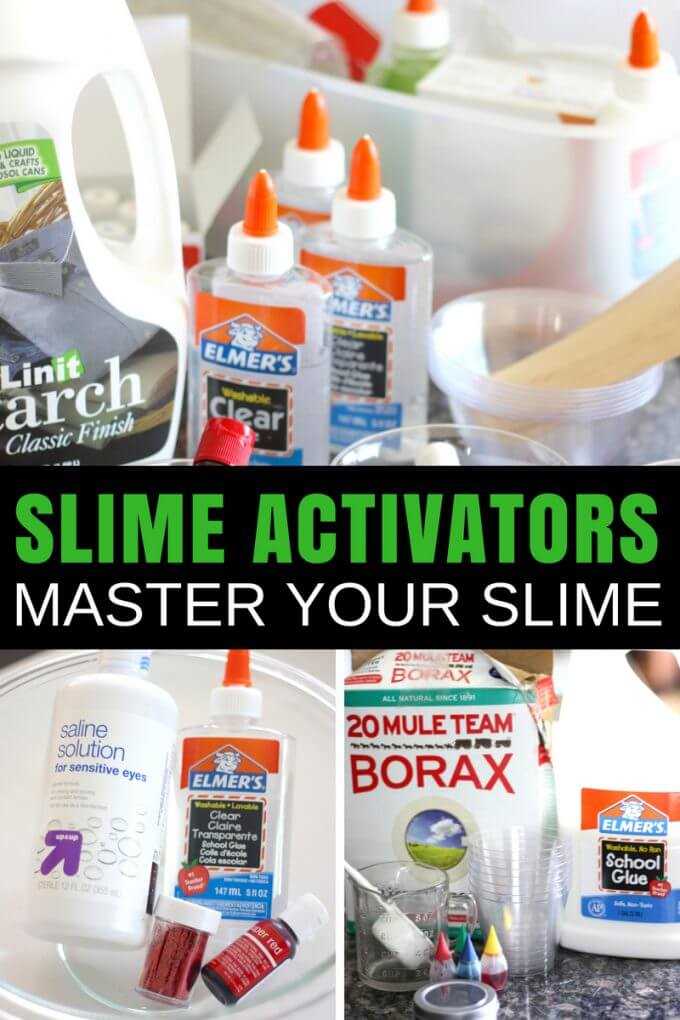
Peppermint essential oil is not only invigorating and refreshing, but it also has strong antiseptic properties. It is a great option for cleaning and sanitizing your home. You can use peppermint essential oil to clean your bathroom, kitchen, and even to freshen up your mattresses and pillows. Its minty scent will leave your home smelling clean and revitalized.
How to Use Essential Oils for Cleaning
To use essential oils for cleaning, you can simply add a few drops to your favorite homemade cleaning solutions or mix them with water in a spray bottle. You can also add a few drops to a bucket of warm water for mopping your floors. Additionally, you can use essential oils in combination with other natural cleaning ingredients such as vinegar or baking soda for added cleaning power.
It’s important to note that essential oils are highly concentrated and should be used with caution. Always follow the recommended dosage and dilution instructions when using essential oils for cleaning. Additionally, some essential oils may not be suitable for use around pets or individuals with certain sensitivities, so it’s always a good idea to do your research before using them.
In conclusion, essential oils are a fantastic alternative to borax for all your cleaning needs. They offer natural and effective cleaning solutions, while leaving your home smelling wonderful. Give them a try and discover the power of essential oils for cleaning!
FAQ
What is borax and why should I look for alternatives?
Borax, also known as sodium borate, is a mineral compound often used in cleaning products. However, there are concerns about its potential health and environmental effects, so some people prefer to use alternatives for their cleaning needs.
What are some natural alternatives to borax for cleaning?
There are several natural alternatives to borax for cleaning, such as baking soda, vinegar, lemon juice, and hydrogen peroxide. These substances can be just as effective at cleaning without the potential risks associated with borax.
Can I use baking soda as a substitute for borax in laundry detergent?
Yes, baking soda can be used as a substitute for borax in laundry detergent. Simply add half a cup of baking soda to your regular laundry detergent to help brighten and freshen your clothes.
Are there any alternatives to borax for getting rid of stubborn stains?
Yes, there are alternatives to borax for removing stubborn stains. One option is to create a paste using baking soda and water, apply it to the stain, and let it sit for a few hours before rinsing. Another option is to use hydrogen peroxide, which can be effective at breaking down tough stains.









